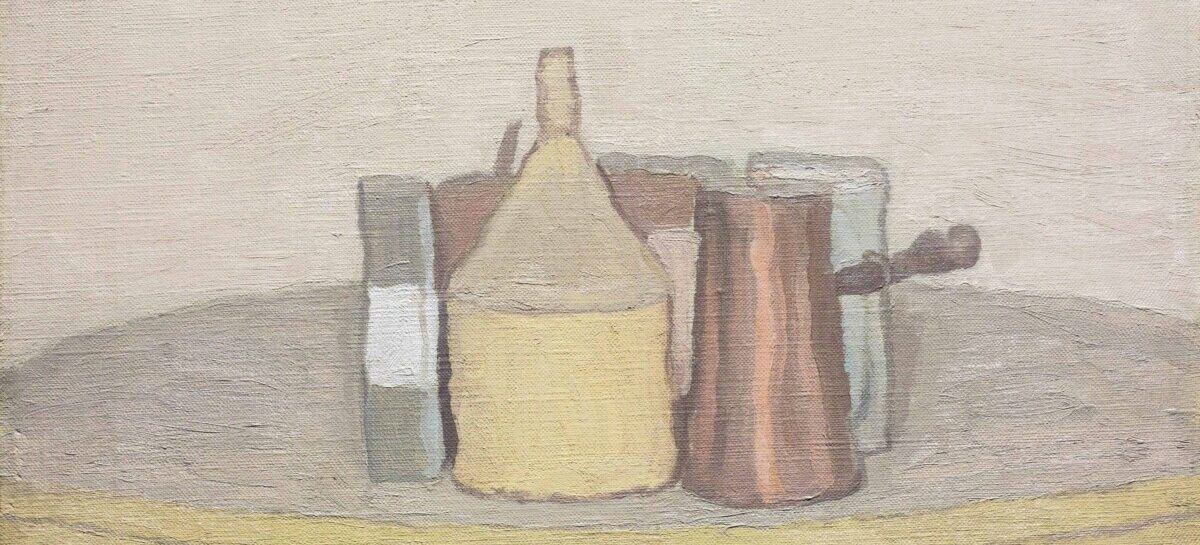There are numerous ways to read, yet there are typically just two. Reading like a writer involves trying to figure out how the text you are reading was put together in order to learn how to “build” one yourself.Mike Bunn’s essay Reading like a writer explores the ways of how to properly understand what you are reading about. He helps you understand that you have to read word by word and sentence by sentence just like a writer. By understanding the way an author writes you are not just a reader but a writer too. A text, a post on social media or any letter that you could have written classifies you as a writer. But Mike Bunn goes into more depth about comprehending the type of reading you chose. Every body has a different genre of what they wanna read about. You can interpret a work of reading as if you are writing because you are putting yourself in the authors point of view. Just as when you tell a part of your life to someone else, you are telling your story and someone is putting themselves through your point of view. If you read as you were writing you will understand the structure of many different types of writing, as well as the purpose. We are also able to analyze the imagery and any other techniques in the writing. In addition to providing the background information on his life at the time he discovered this reading technique, he paints a picture with vivid details He compares us to an “architect” because in a way they focus on the construction, form and features. Mike Bunn quotes “when we read like writers we understand and participate in the writing.” This means that it helps us understand and interact with the material to read like a writer.



